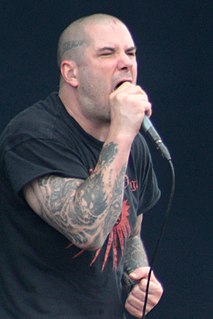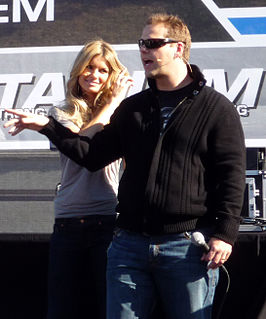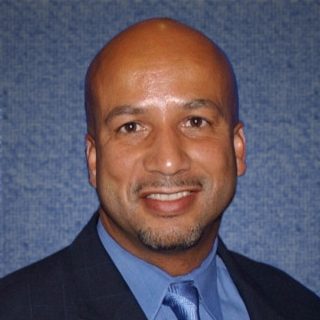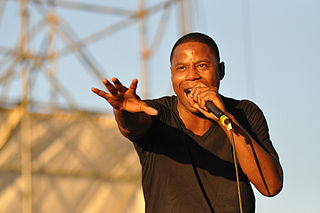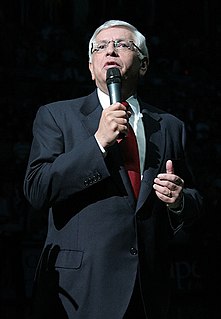A Quote by Charles B. Rangel
The people who couldn't get out of New Orleans to escape the storm were predominantly Black.
Related Quotes
It was awesome growing up in New Orleans because there were great metal bands, there were great hardcore bands, there were great thrash metal bands in the middle '80s and what-not. But then, take me out of New Orleans, and I moved to Fort Worth in 1987, and there's a scene there, too. And Texas absolutely has a different sound.
There's also the tradition of voodoo, the Haitian magic arts, in New Orleans. And because New Orleans is below sea level, when they bury people in New Orleans, it's mostly above ground. So you have this idea that the spirits are more accessible and can access you more easily because they're not even buried.
It's amazing being a member of perhaps the last analog generation - being born in the late '40s, growing up in the '50s and '60s, when it was still a very analog world. And in New Orleans those days, the country was just next door, as it were. You didn't have to travel miles and miles to get out in the woods. There's tons of fishing, obviously, in New Orleans, and tons of hunting. That was part of the cycle of life, to get fresh meat from the butcher or go duck hunting and get it yourself. It wasn't malicious or insensitive. It was just there, and you used it.
When I am introduced as someone from New Orleans, people sometimes say: "I'm so sorry." New Orleans. I'm so sorry. That's not the way it was before,not the way it's supposed to be. When people find out you're from New Orleans, they're supposed to tell you about how they got drunk there once, or fell in love there, or first heard the music there that changed their lives. At worst people would say: "I've always wanted to go there." But now, it's just: "I'm sorry." Man, that kills me. That just kills me.
When I got to college, the fake ID thing wasn't that important, since pretty much everyone could get away with drinking in New Orleans. But the drugs, well, that was a different story altogether, because drugs are every bit as illegal in New Orleans as anywhere else--at least, if you're black and poor, and have the misfortune of doing your drugs somewhere other than the dorms at Tulane University. But if you are lucky enough to be living at Tulane, which is a pretty white place, especially contrasted with the city where it's located, which is 65 percent black, then you are absolutely set.



